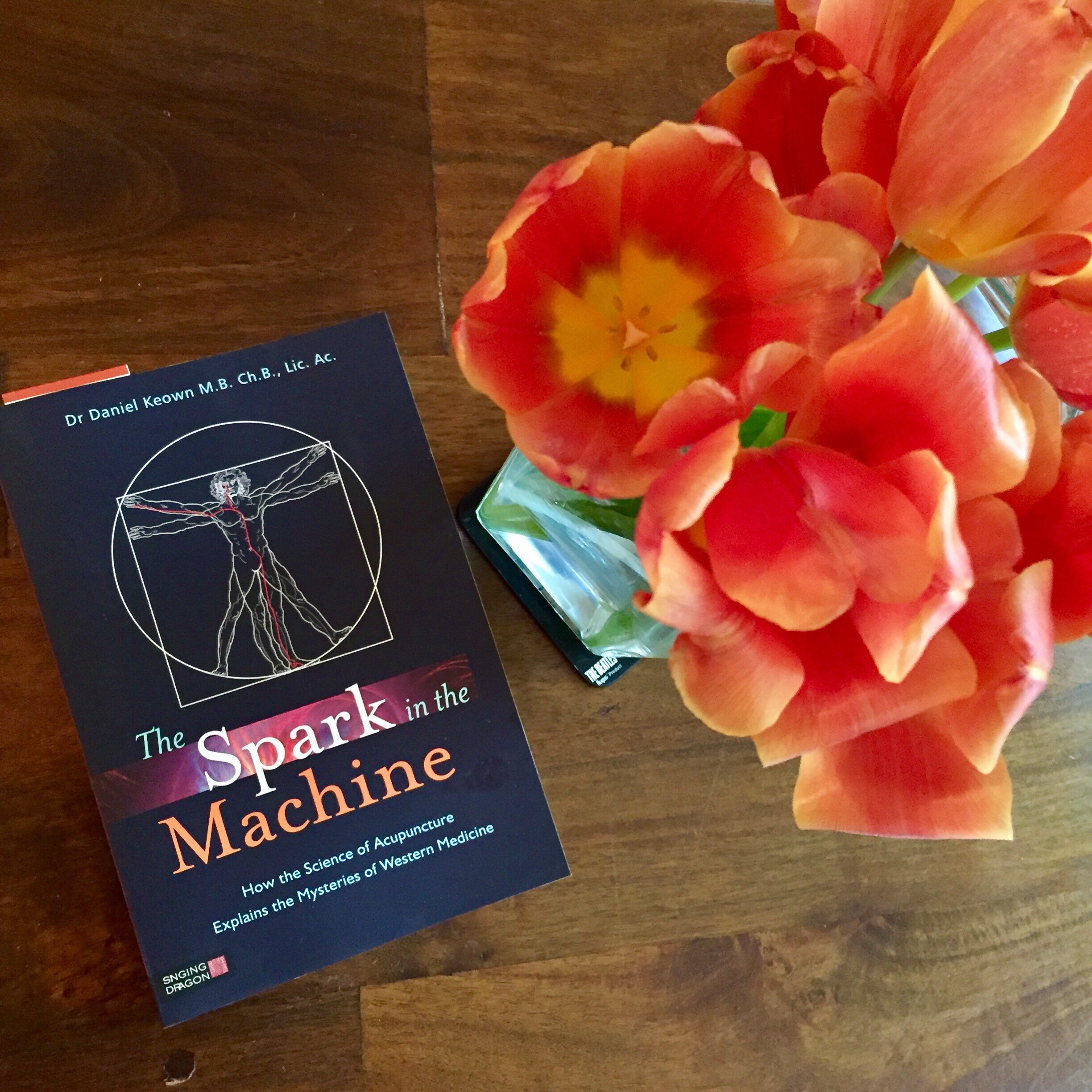![Inspiration from the Past]()
Over the past few months I've been taking time to read a brilliant little book called Miscellaneous Records of a Female Doctor. It's a new (published 2015) translation of a discovery from the rare book library of the Beijing Institute of Traditional Chinese Medicine, an account of 31 cases by the Ming Dynasty practitioner Tán Yǔnxián. That's a female doctor from 1500s China! I heard about the book while listening to an episode of the Yin Yang podcast with guest Lorraine Wilcox, who was speaking about moxibustion (Episode #34 Why Moxa?). Moxibustion, also known as moxa, is a particular love of mine so I leapt to hear this topic as a treat. Turns out that in addition to her fascinating study of moxa, Wilcox translated this Ming Dynasty book. Who knows how many other female doctors there were at the time or how many wrote books, but I'm glad this one survived. It's exciting to read as I operate in the modern world of our profession.
“Cases during the Ming were not only filtered through the male doctor’s understanding, but the reported symptoms were filtered through the husband’s words.
Tán's patients were all female, ranging in age from six to sixty-nine. During the Ming Dynasty, women had to have a male relative present when seeing a male doctor so part of what set her apart was surely her ability to speak with a patient one on one and not to have the male explain her symptoms for her!


